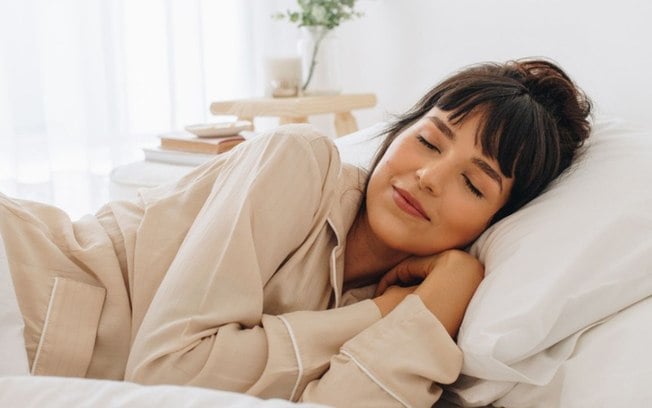In Brazil, more than 70% of the population faces sleep problems, which can be caused by clinical or emotional issues or lifestyle factors, such as night work. Lack of sleep affects irritability, concentration, and can lead to fatigue and discouragement, increasing the likelihood of mistakes.
In the long term, it can compromise immunity and increase the risk of chronic and cardiovascular diseases. Sleep hygiene refers to practices to improve sleep quality, encompassing not only the night shift, but also daytime habits. See below the main strategies for good sleep hygiene:
You may also like:
- How to relieve muscle fatigue after training.
- Is cutting on the eyebrow serious? Understand the injury suffered by Flávia Saraiva in the final of Olympic gymnastics.
- Do you know what the consequences of going a month without training are?
What is sleep hygiene?
You probably stick to a fixed routine for brushing your teeth daily, but you may not take the same care of your sleep. Even if you have a wake-up time, you may not follow a consistent bedtime routine, such as avoiding meals close to bedtime or stimulating activities such as exercise or excessive social media use. This can harm your health in the long run.
Sleep hygiene involves practices and rules to make bedtime more relaxing and peaceful. The goal is to improve sleep quality by ensuring that you wake up truly rested. Adopting measures that favor sleep is essential for general well-being.
Sleep hygiene practices
Here are the top tips for good sleep hygiene:
Establish a routine
Try to go to sleep and wake up at the same time every day. Regularity helps synchronize your body clock.
Create a nightly ritual
Develop a relaxing routine before bed, such as taking a warm bath, reading a book, or listening to soothing music.
Avoid electronics
Reduce exposure to artificial light and avoid using screens (cell phone, tablet, computer) at least one hour before bedtime, as light can make it difficult to sleep.
Beware of stimulating drinks
Avoid consuming beverages such as coffee and alcohol close to bedtime. While alcohol can cause initial relaxation, it can fragment sleep later on.
Regulate your diet
Have dinner a few hours before bedtime and prefer light foods in the evening. Avoid heavy foods that can cause reflux and gastric discomfort.
Don’t go to bed sleepless
: Lie down only when you feel sleepy, and avoid using the bed for activities like work or social media.
Expose yourself to natural light
Spend time outdoors during the day to help regulate your body clock and improve sleep.
Exercise regularly
Physical activity can help you relax, but avoid intense exercise close to bedtime, as it can have the opposite effect.
Maintain a comfortable sleeping environment
Ensure that your bedroom is ventilated, quiet, and dark. Adjust the temperature to a comfortable level.
Check the condition of the mattress
Make sure your mattress and pillow are in good condition. The lifespan of many mattresses is eight to ten years, and they should be comfortable and suitable for their size and weight.
Limit naps
If you need to sleep during the day, limit naps to 30 minutes and, if possible, do them after lunch.
When to seek help
If sleep problems persist even after making adjustments, or if they are associated with issues such as anxiety or depression, seek professional help. Avoid using sleeping medications without medical advice.
Sources: Instituto do Sono e Portal Drauzio Varella.


